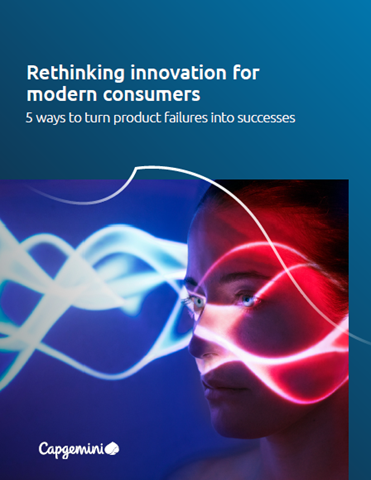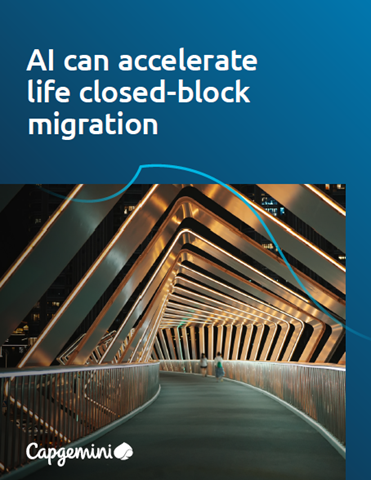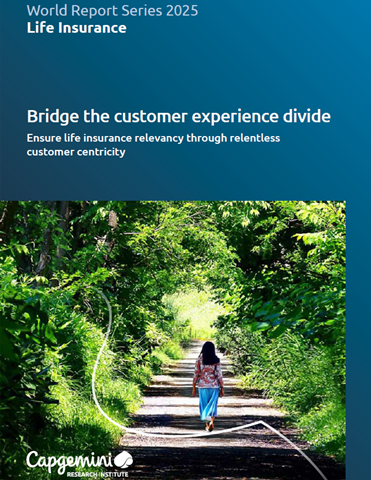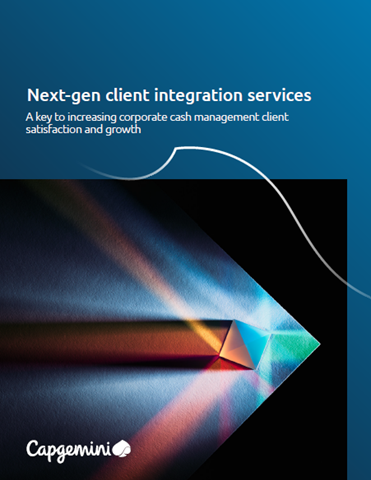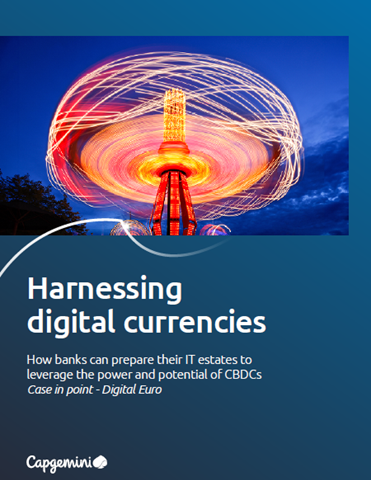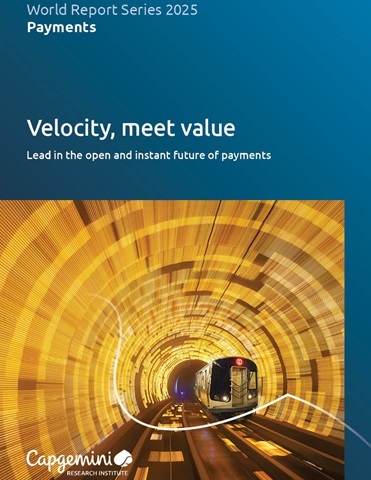How emerging technologies could shape a greener tomorrow
Sponsored by IntelliasEmbracing sustainability not only helps the environment, but also promotes business longevity, resilience and profitability, explains Mark Gomes, VP of Digital Business at Intellias
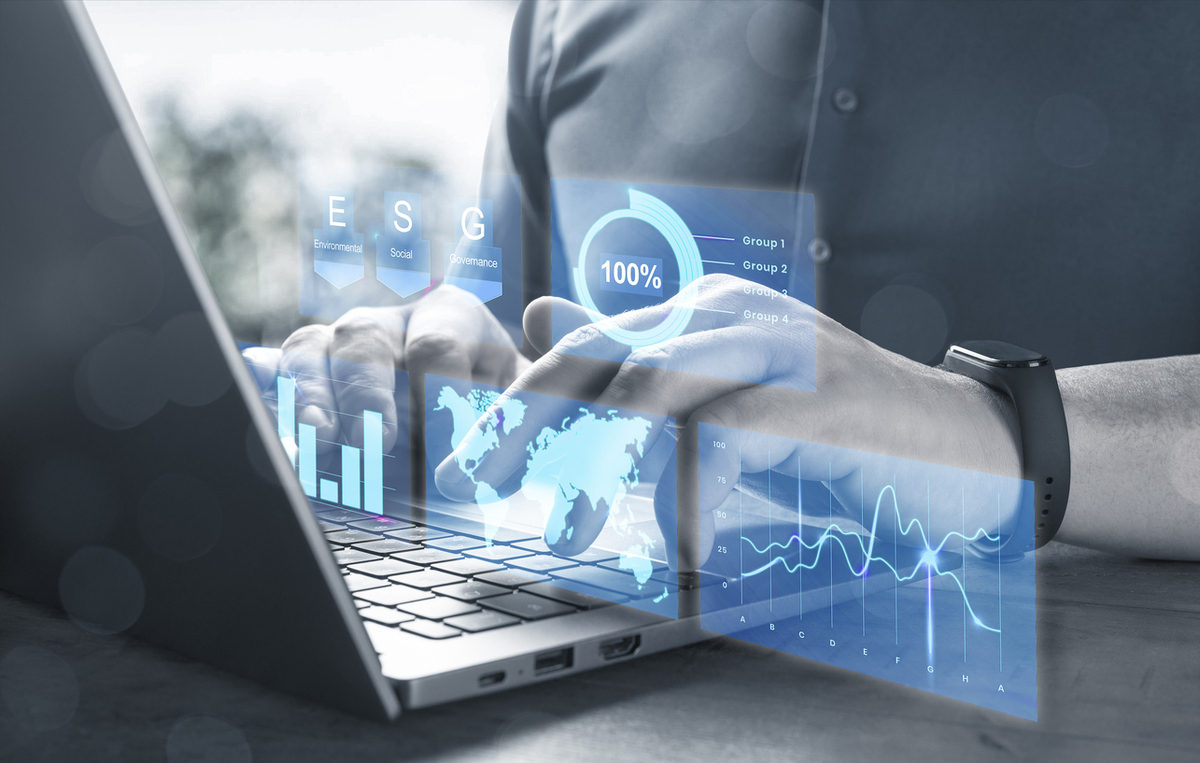
Evolution in business can take many shapes – from large-scale industrialisation and adoption of digital technologies to softer changes in culture, values and operational practices.
Over the past decade, an increasing number of brands are switching their focus to improving their environmental, social and governance (ESG) impacts alongside key business performance metrics.
A Gartner survey found that 42 per cent of tech leaders leverage sustainability activities to drive innovation, differentiation and enterprise growth – and digital technologies play a crucial role in this new shift to “green” value creation.
Rapid advances in connectivity, cloud computing and data analytics have enabled us to capture, record and analyse our physical activities with granular precision. Many analytics programmes exposed problematic practices of excessive energy usage, high waste production and poor labour productivity. Although alarming at times, ESG data also allows us to draw the baseline and set the path towards building a more sustainable future.
Digital technologies enable sustainable growth
Sustainability isn’t about rolling back to the heritage production methods in vain hopes of reducing our environmental impacts to early 20th century baselines. On the contrary, sustainability looks to the future. It assumes the correction of operational mistakes of overproduction and suboptimal resource usage by applying novel technologies to recalibrate the way we procure resources, produce goods and reuse surpluses.
Specifically, targeted investment in digital initiatives can accelerate the transition to a greener tomorrow and bring long-lasting dividends in the form of increased competitiveness, higher operational efficiencies and higher support from consumers and investors.
New product development
The demand for sustainable products keeps increasing. Over three-quarters of UK consumers surveyed by BCG try to contribute to sustainable practices and expect brands to do the same. Corporate sustainability practices also influence 57 per cent of consumers’ perceptions.
ESG performance data is also taken into account by 85 per cent of investors, according to Gartner, whereas global governments are progressively rolling out mandatory ESG disclosure requirements for publicly traded firms.
By choosing to pursue sustainable new product development (NPD), organisations can secure a better public standing, while also cultivating future competitiveness. Consider Neste as an example. Fifteen years ago, the Finnish oil refinery took the risky move of investing €1.5 billion in sustainable initiatives, raising a lot of scepticism among company stakeholders and shareholders. Today, Neste has evolved into the global leader in sustainable fuel production, with 70 per cent of the company’s profits coming from renewable energy products such as renewable diesel and sustainable aviation fuel (SAF). The company’s biggest renewable diesel production in Porvoo, Finland uses advanced production analytics, enabling optimised refinery steering and cost-effective manufacturing. The company also achieved over $4.2 million in cumulative fuel savings with a proprietary platform for managing vessel arrival times and jetty availability in the Porvoo harbour.
Businesses in the automotive, mobility, energy and manufacturing sectors, among others, are also exploring new pockets of growth within the Net Zero economy. For example, the increase in production of electric vehicles (EVs) has catalysed the demand for automotive lithium-ion battery technology and propelled innovation in the adjacent sectors of biofuels and hydrogen production. At the same time, the transition to EVs also promotes the creation of new infrastructure projects – new charging station networks, EV fleet management solutions and connected urban infrastructure.
Operational savings
The common excuse to postpone sustainability-led initiatives is monetary constraints. Business leaders are especially cautious of investing in areas with uncertain ROI during economic downturns.
Indeed, sustainability-led transformations require capital expenditure. But they also bring measurable dividends in the form of improved operating efficiencies, waste minimisation and resource optimisation. Virgin Atlantic, for example, has saved over 1,000 tonnes of fuel in under six months by coaching its staff to fly more efficiently from a fuel burn perspective, using insights from a data analytics app.
Schneider Electric, in turn, recently completed an ambitious smart factory project, equipping its facilities with a network of things (industrial internet of things, or IIoT) sensors connected to digital analytics platforms. Based on real-time operational data, the company introduced a number of production management improvements, resulting in a 17 per cent material waste reduction, 25 per cent CO2 emission minimisation, and a 25 per cent improvement in energy management, according to the World Economic Forum.
Both cases are good illustrations of how digital technologies can accelerate both sustainability and cost optimisation agendas, allowing leaders to save and innovate at the same time.
Employee safety
Sustainable transformation also pertains to people – our greatest asset. The global pandemic has once again emphasised the importance of maintaining safe working conditions and ensuring proactive care for workers.
Digital technologies can further help reduce the physical toll of certain professions, making laborious tasks less demanding and reducing exposure to harmful substances on the job. Oxitec, with digital consultancy help from Intellias, has pioneered a new sustainable biological insect control product, which uses no toxic chemicals, making it safer for agriculture workers and the environment at large.
Traditional hazardous industries, such as oil and mining, where occupational trauma is common, can also benefit from emerging technologies. Ericsson and RealWear, for instance, have developed a connected headset for industrial frontline workers. The voice-controlled headset guides the user through the task sequence, providing contextual instructions and safety warnings. Employees can receive real-time instructions while keeping their hands free to operate equipment, climb a ladder or hold on to railings. Thanks to in-built connectivity, workers can also call their colleagues for extra help or report an incident in a matter of seconds.
Contribute to a better tomorrow
The flipside of rapid economic progress, increased goods availability and higher longevity rates are rising global temperatures, mounting waste levels and diversifying climate risks.
More than half of UK businesses already feel the impact of climate change on their operations, citing “disruption to extreme weather events”, “increased operating costs”, “supply chain issues” and “physical damage to assets” as lingering concerns.
To ensure that future generations get to experience a better future, we must curb and offset the effects of our earlier choices. Patagonia pays its share forward in the form of a self-imposed “Earth tax” – an annual contribution of 1 per cent of its annual revenue to environmental causes. Google has matched 100 per cent of its annual global electricity use with renewable energy purchases for six consecutive years and plans to run entirely on carbon-free energy (CFE) 24/7 by 2030.
What’s even more important is that new initiatives – be they in construction projects or food production – must be carried out with sustainability in mind. Digital technologies are making it easier to capture, measure and optimise carbon production levels and implement practices aligned with the UN Sustainable Development Goals. For instance, Intellias and CREE Buildings, a sustainable construction company, are jointly developing a digital knowledge platform that allows architects and real estate developers to discover new eco-friendly materials, create blueprints for regenerative buildings and gain access to the ever-expanding collection of global sustainable building practices.
Fundamentally, business transformations will be impossible to execute successfully without a focus on sustainability. But digital technologies can facilitate the transition by helping companies deliver process optimisation, product portfolio growth and revenue-generating innovation opportunities.
To find out more about Intellias’ solutions, please visit intellias.com

Mark Gomes, VP of Digital Business at Intellias
With over 20 years of business development experience, Mark is taking Intellias’s European business to the next level of growth by connecting the dots between corporates and technology-driven opportunities.
He has established and led business teams delivering to European core markets and enabled IT solutions across application, infrastructure and BPO service lines. Mark is a consummate professional with sharp business acumen and strong sense of commitment, focus and accountability, and an impressive track record of converting new business opportunities into revenue-generating projects. He is driven to provide a unique business environment and strategic vision to help companies achieve their high-level objectives.
Mark holds a BSc in the Philosophy of Science from the London School of Economics and Political Science.

Business Reporter Team
Related Articles
Most Viewed
Winston House, 3rd Floor, Units 306-309, 2-4 Dollis Park, London, N3 1HF
23-29 Hendon Lane, London, N3 1RT
020 8349 4363
© 2025, Lyonsdown Limited. Business Reporter® is a registered trademark of Lyonsdown Ltd. VAT registration number: 830519543
